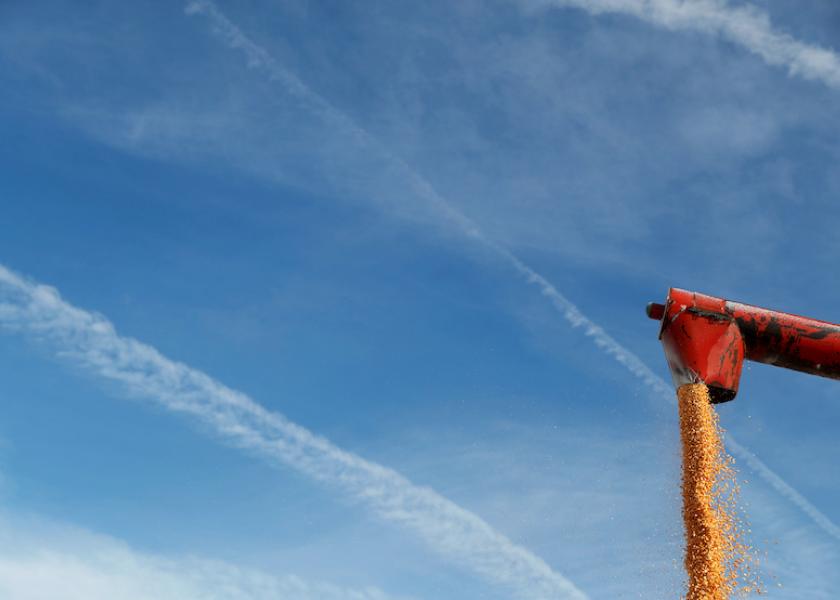U.S.'s "Candid" GMO Corn Conversation With Mexico Results In Changes To Looming Trade Dispute

USDA's Secretary Tom Vilsack and U.S. Trade Representative (USTR) Katherine Tai hosted senior Mexican officials in Washington, D.C. on Friday.
According to USDA's press release, the group shared a "candid" conversation about President López Obrador’s 2020 decree regarding imports of biotech products. The decree would bar imports of GMO corn beginning in 2024 and prohibit use of glyphosate.
U.S. officials said Mexico “presented some potential amendments” to the decree.
According to the Foreign Ministry, Mexico "explained its food security policy" by highlighting Mexico's three goals:
1. Preserve Mexico's bicultural heritage as the birthplace of more than 60 varieties of corn
2. Continue to ensure self-sufficiency in corn for tortillas
3. Strengthen food security in North America
"We agreed to review their proposal closely and follow up with questions or concerns in short order," said Tai and Vilsack in a joint statement. "There is a joint recognition that time is of the essence and we must determine a path forward soon.”
Meeting Timeline
This isn't the first conversation Vilsack and Tai have shared with Mexico's officials regarding the decree. These meetings have been ongoing in 2022, with the latest talks coming at the urging of many senators and ag groups to shutdown the decree.
“Corn farmers are right now in the process of making planting decisions for next spring, and any additional uncertainty in the market affects their ability to appropriately respond to multiple market signals," National Corn Growers Association said in a letter to President Biden. "If the decree is not completely withdrawn, we ask that your administration initiate a case under USMCA."
The Biden Administration previously made known they would challenge Mexico under the USMCA if the decree is not redacted or removed completely.
More on Mexico:
NCGA Adds to the List of Those Urging Biden to Address Mexico's GMO Corn Ban
USMCA Disputes Run Ramped Again, This Time with Mexico







